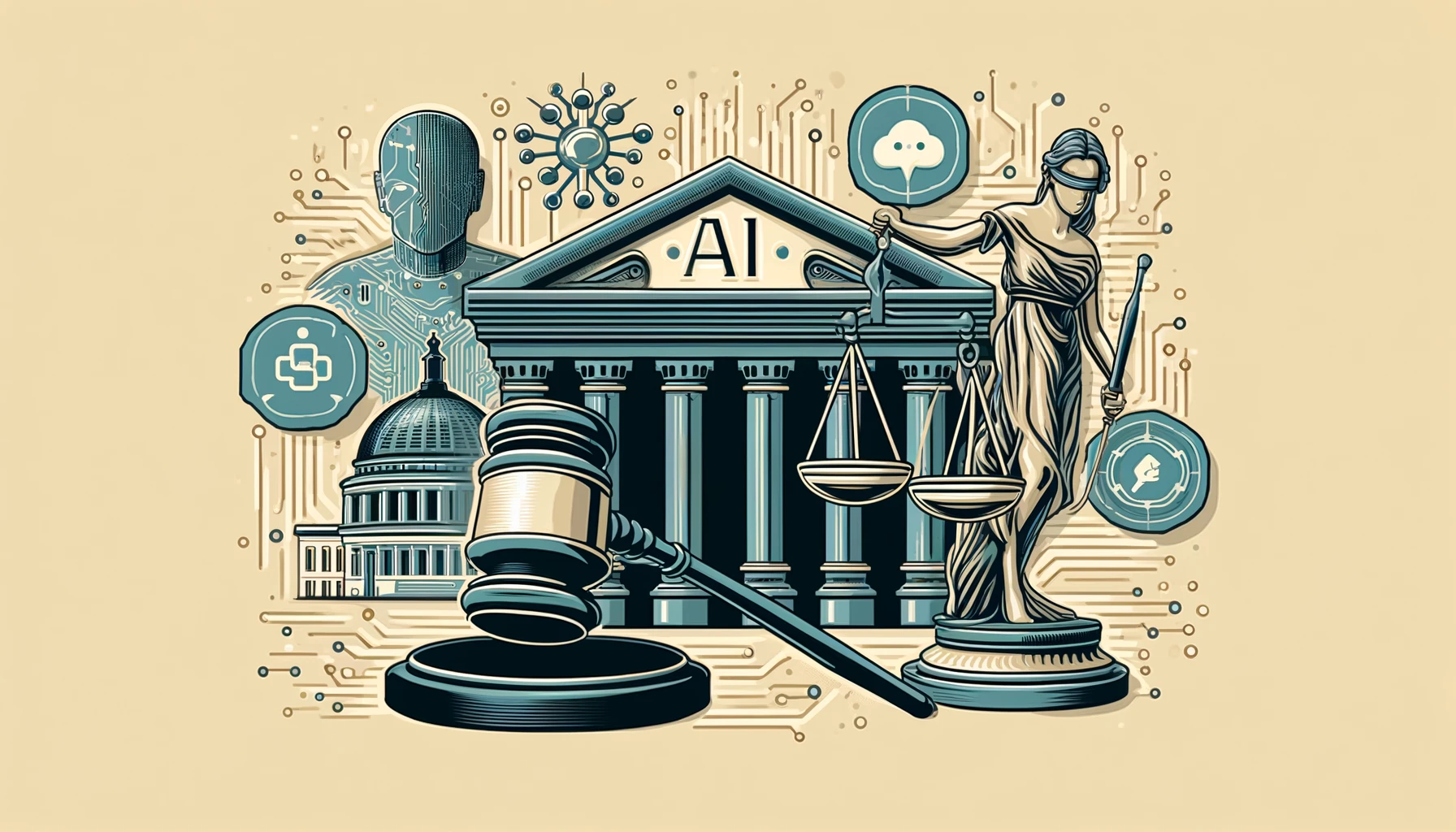Ethics in AI: Balancing Innovation with Responsibility

In the world of Artificial Intelligence (AI), futuristic visions and cutting-edge technology often steal the spotlight. However, behind the algorithms and data lies a crucial piece of the puzzle that cannot be overlooked: ethics.
AI ethics might sound like a dry, academic topic, but it is actually about ensuring these powerful technologies benefit everyone and do not cause harm.
Let's explore why AI ethics is important, even for those who are not tech experts.
Fairness: The AI Balancing Act
Imagine applying for a job where an AI system screens resumes. Efficiency is achieved, but what if this AI has a bias against certain schools or zip codes?
Fairness in AI involves ensuring these systems do not discriminate.
It is essential that no matter one's background, a fair chance is given. Developers must use diverse datasets and continually check their systems for biases.
Transparency: No More Black Boxes
Consider using a product and wondering, “How does this even work?” With AI, this can be a significant issue. AI systems often operate as “black boxes,” making decisions in ways even their creators do not fully understand.
Transparency is about demystifying these boxes.
If an AI solution makes decisions about loans, an explanation should be provided for its choices.
Accountability: Who's in Charge Here?
When an AI system fails, responsibility must be assigned. This is where accountability comes in. If an autonomous car causes an accident, clear rules about liability are necessary.
Accountability ensures that developers and deployers of AI systems act responsibly.
Privacy: Guarding the Data Vault
AI thrives on data, and lots of it. However, with great data comes great responsibility.
Privacy in AI means protecting personal information and ensuring ethical data use.
Consider a smart home device that listens all the time. This could be unsettling. Ethical AI ensures that private conversations remain private and data is not misused or sold without consent.
Human-Centric Design: Keeping People in the Loop
No matter how intelligent AI becomes, it should always serve humans, not the other way around.
Human-centric design involves creating AI that enhances human abilities and respects human decisions.
Picture a smart assistant aiding doctors in diagnosing diseases. It should not replace the doctor but provide insights that help the doctor make better decisions.
Safety and Security: Building Trustworthy AI
Safety and security are the seatbelts and airbags of the AI world.
AI systems need to be robust and secure to prevent accidents and resist attacks. This includes ensuring self-driving cars do not malfunction (e.g. not getting users to the desired destinations) and protecting AI systems from hackers.
EU AI Act
The EU AI act is the world’s first comprehensive AI regulation, introduced in 2021 by the European Commision. This legislative proposal categorizes AI systems into 4 categories.
- Unacceptable Risk: these AI systems pose a threat to society, such as social scoring, and will be banned.
- High Risk: AI systems found in critical infrastructures, such as aviation, cars, education, employment, law enforcement, migration etc, are subject to strict obligations.
- Limited Risk: AI systems interacting with humans, such as ChatGPT and other chatbots, will have to meet the following guidelines: some text
- Disclosing that the content was generated by AI
- Preventing the model from generating illegal content
- Publishing summaries of copyrighted data
- Minimal Risk: All other AI systems are largely left unregulated.
More details on the EU AI Act can be found here, while the regulation’s timeline can be accessed here.
The Bigger Picture: Ethics for a Better Future
At its core, AI ethics is about creating a future where technology and humanity thrive together. It is about ensuring that as AI evolves, it does so in a way that is fair, transparent, accountable, and respectful of privacy and safety.
AI ethics is not just a technological issue—it is a human issue.
Start your 30-day free trial
















